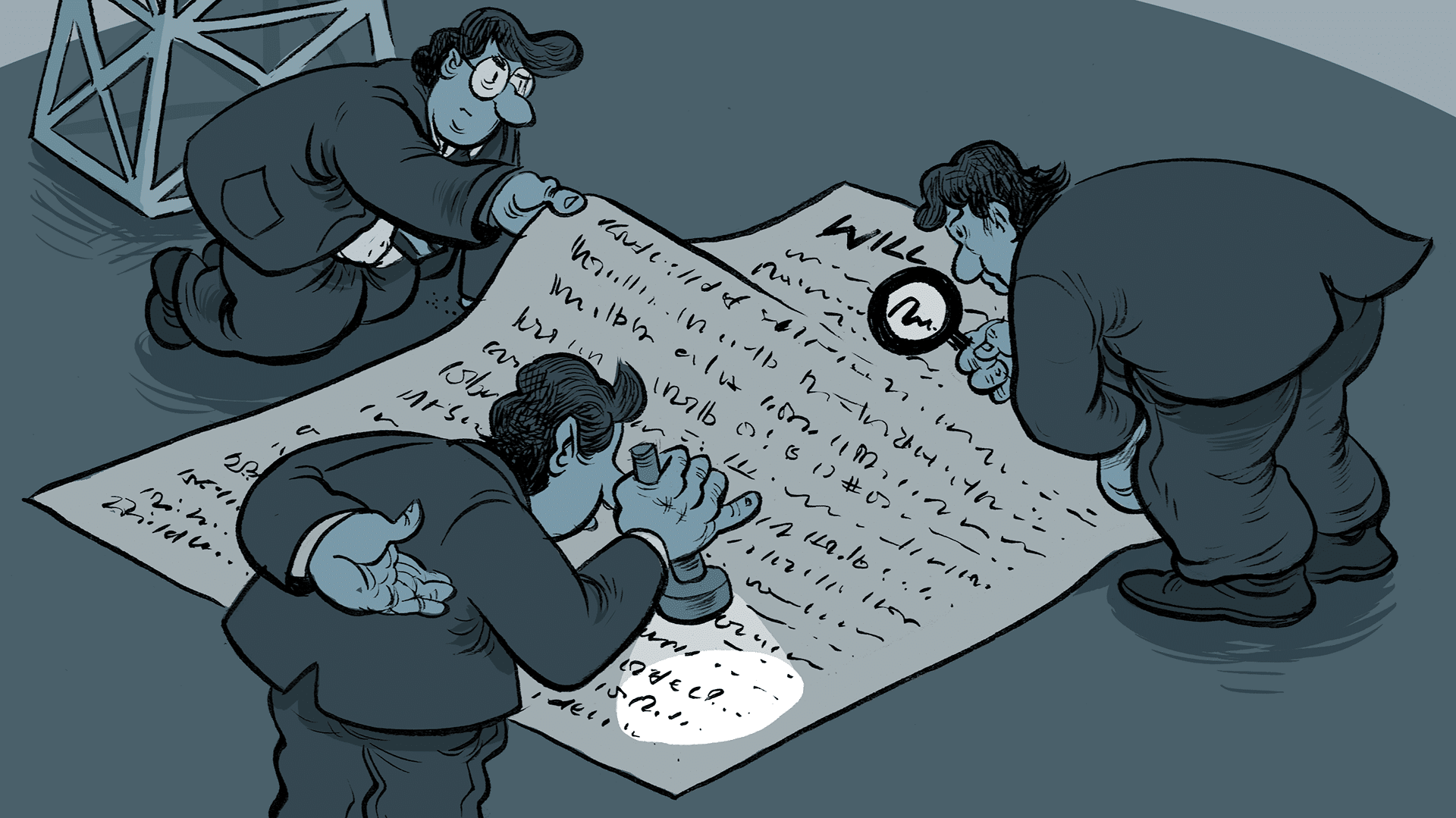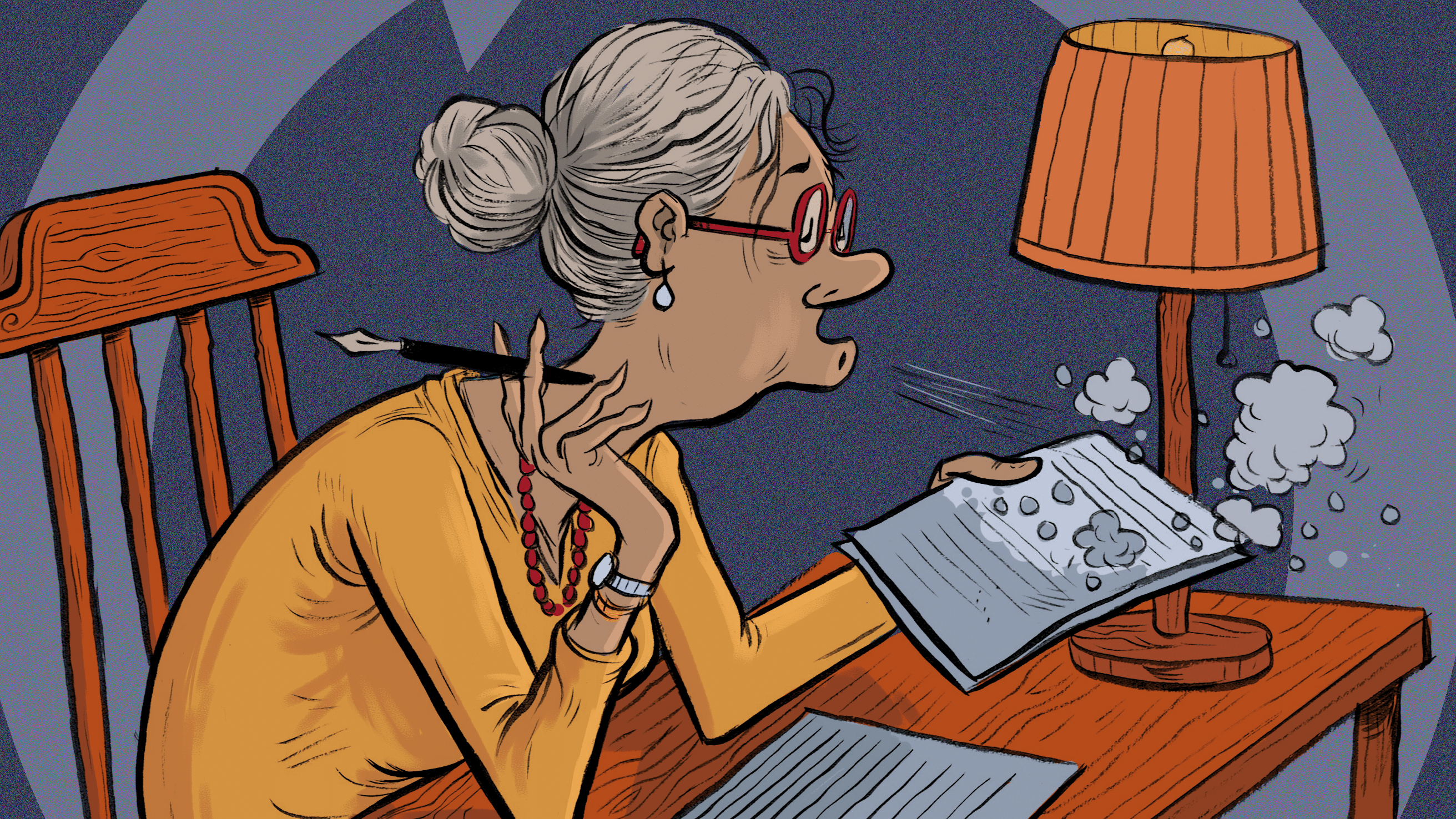
A legacy toolkit: Ways to build lasting wealth across generations
Leaving a lasting legacy for your family can involve careful planning and a team of professionals. Here are five questions that can help get you started.
Nothing gets built properly without the right tools. The same can be said for building a legacy. If you want to commit your money to the next generation after you pass away, your finances need to be managed with care and precision — perhaps especially during a period of economic volatility.
Legacy planning requires proper strategies, the right documents and the correct professionals, says Treva Newton, a Tax and Estate Planner with Wealth Advisory Services, TD Wealth. One essential device? An up-to-date Will that reflects your current outlook and includes a named executor capable of seeing through your intentions.
“If you don’t have a well-structured Will as part of your plans, the government may decide where your assets will go. Your assets may not go to the people you want them to, or in proportions that you choose,” says Newton.
“For example, you may not wish to have funds go to someone directly: You may want a trust created to direct funds to them annually. That’s something to build into legacy planning.”
This is where a legacy toolkit can be essential. It should include, among other documentation, a Will that is in synch with your other estate documents, records for any gifts or loans you’ve made, plans for future trusts and up-to-date designations concerning beneficiaries.
If you haven’t yet begun legacy and estate planning, there’s no time like now to get started. Newton says answering the following questions can help you start thinking about the legacy you’d like to build for your family and the causes you care about.
Do you want to begin sharing your wealth during your lifetime, after you pass or both?
People need to consider whether they want to make gifts of their wealth during their lifetime or wait until after they’ve passed away and give through a Will or estate plan, says Newton. You may decide a little of both is best because each option has its own benefits. Some tax-efficient options to transfer wealth can only happen when you pass away. But giving away money while you’re still alive can allow you to see loved ones enjoy your gift. Note that if you give away assets other than cash — such as a vacation property — you will want to look at any potential tax consequences first.
Do you have a vision for charitable giving that will last beyond your lifetime?
If you want to make a long-term contribution to your favorite charity when you pass away, there are several options in the legacy toolkit you can use. To start, you can designate a charity to be a named beneficiary — whether that’s through your Will, a Registered Retirement Income Plan (RRIF) or any registered or non-registered investment account. You may also consider opening an account with a donor-advised fund, using the help of an advisor. This can allow your funds to grow over time and continue to contribute to the causes you’re passionate about. This can even include creating a foundation in your name (or that of a loved one).
Who are you building a legacy for? Do they have unique needs?
While parts of leaving a legacy may seem straightforward, providing funds for a loved one with a disability is a large and sometimes complicated responsibility. Since special people often have special needs and you can’t be certain of their future requirements, one potential tool is a Henson Trust. This type of trust gives the assigned trustee maximum flexibility to steer money toward medical care or accommodation as needed, without jeopardizing provincial disability payments (in most jurisdictions). Other kinds of trusts can be useful for other specific situations. You may also consider a spousal trust, for example, if you wish to balance the needs of your current spouse against the needs of children from a previous marriage. Likewise, a discretionary trust can be suitable for family members who need more discipline around money.
What do your family and heirs need to know in order to make this all happen?
Forget the dramatic reading of the Will you see in movies. Part of making sure your legacy is fulfilled and your intentions are met is communicating clearly (and early on) what should happen to your estate. For example, if you plan to forgive a family loan or leave a large portion of your estate to one child and not another, discussing the reasons why ahead of time may help avoid future family acrimony. While talking it out may entail some uncomfortable conversations, it can pre-empt many problems and provide family members with a clear understanding of where your funds are headed. Business owners of family-run enterprises may also need to document their intentions carefully and seek professional advice if their family and business assets are closely entwined.
Have you considered your potential needs?
While you may have warm intentions about leaving a legacy, you may also have decades of life — and bills — ahead of you. It won’t do anyone any good if you run out of money yourself. A full financial plan includes a legacy strategy that maps out how much wealth you should transfer now and how much should be devoted to keeping your lifestyle secure. Part of this also involves thinking about what you’ll spend on healthcare in the future. For instance, the costs associated with remaining in your home as you age may be different than those involved in living in a seniors’ residence, and you should plan for the care you would prefer to have.
Newton says while some people may balk at the legal cost of creating an estate plan, the expense of dealing with a Will that has been challenged in court can eat into the wealth of your estate and absolutely ruin well-intentioned plans. That’s why she recommends working with a team of professionals — financial planners or advisors, tax and estate advisors, estate lawyers and private trust companies — who can help ensure that your legacy plans are met.
“Once you sit down and talk with professionals, they can guide you in the right direction and pull all the interlocking pieces of finance, taxation and family responsibilities together. They may show you pieces you never considered. And it will help bring a sense of relief and assurance that what you want to happen to your money will happen,” she says.
DON SUTTON
MONEYTALK LIFE
ILLUSTRATION
INNA GERTSBERG
















